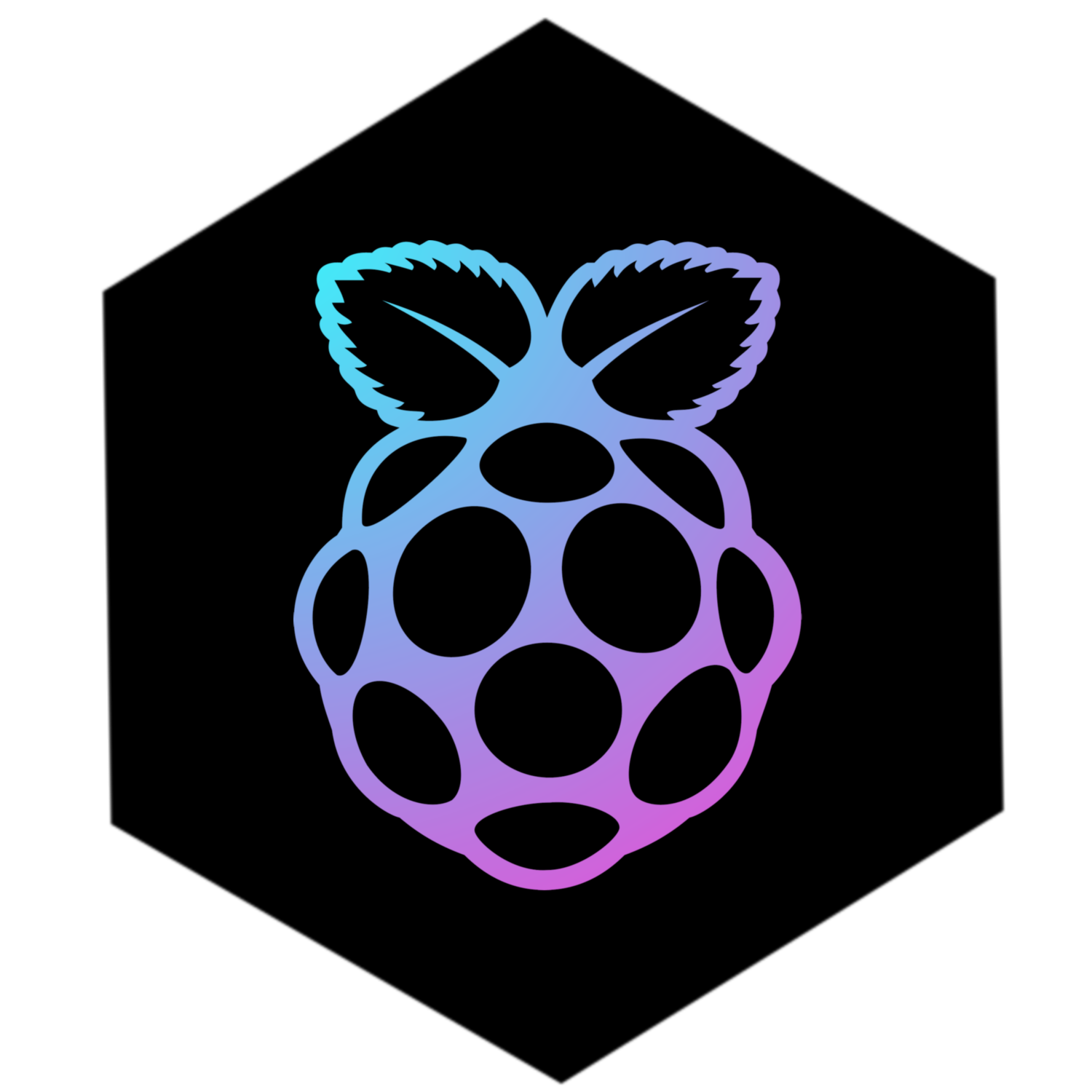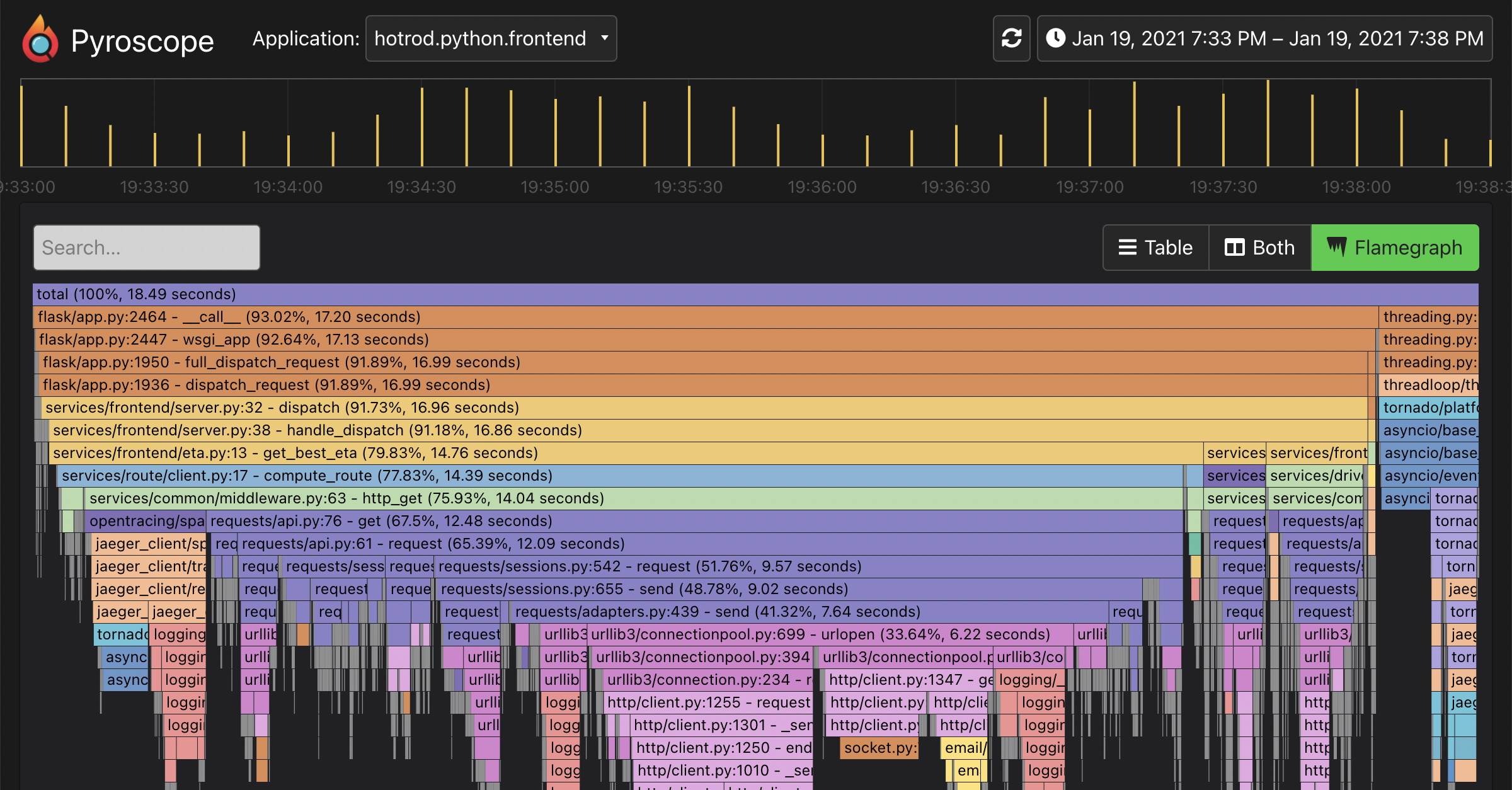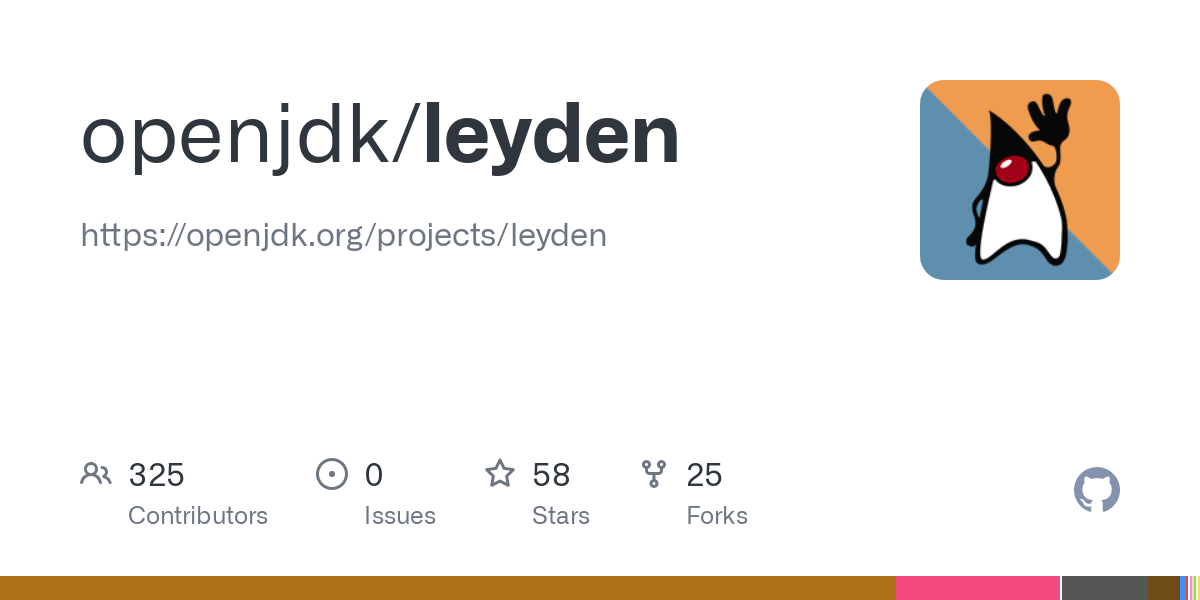deleted by creator
agilob
- 145 Posts
- 101 Comments

 6·4 months ago
6·4 months agoSource: https://lwn.net/ml/all/CAHk-=whNGNVnYHHSXUAsWds_MoZ-iEgRMQMxZZ0z-jY4uHT+Gg@mail.gmail.com/
Ok, lots of Russian trolls out and about. It’s entirely clear why the change was done, it’s not getting reverted, and using multiple random anonymous accounts to try to “grass root” it by Russian troll factories isn’t going to change anything. And FYI for the actual innocent bystanders who aren’t troll farm accounts - the “various compliance requirements” are not just a US thing. If you haven’t heard of Russian sanctions yet, you should try to read the news some day. And by “news”, I don’t mean Russian state-sponsored spam. As to sending me a revert patch - please use whatever mush you call brains. I’m Finnish. Did you think I’d be supporting Russian aggression? Apparently it’s not just lack of real news, it’s lack of history knowledge too. Linus
I like super simple things that I can use from a single window of my editor or IDE. Most frequently I use vscodium, I use this https://marketplace.visualstudio.com/items?itemName=unjinjang.rest-api-client
Hide to tray has been requested by users for 20 years. It even has been promised multiple times.
I have an apostrophe and it’s super annoying as some companies see it as a SQL injection hack and sanitize it.
My surname contains a character that’s only present in the Polish alphabet. Writing my full name as is broke lots of systems, encoding, printed paperwork and even British naturalisation application on Home Office website. My surname was part of my username back at uni, and everytime I tried to login on Windows, it would crash underlying LDAP server, logging everyone in the classroom out and forcing ICT to restart the server.
It was my turn to post it this week
I would like to confine it to firms using AI recruiting tools
and actively do damage to companies that don’t.

 1·7 months ago
1·7 months agodeleted by creator
I’m not sure if you understand what swap actually is, because even machines with 1Tb of RAM have swap partitions, just in case read this post from a developer working on swap module in Linux https://chrisdown.name/2018/01/02/in-defence-of-swap.html

 11·11 months ago
11·11 months agoThe Linux kernel uses the CPU default scheduler, CFS,
Linux 6.6 (which recently landed on Debian) changed the scheduled to EEVDF, which is pretty widely criticized for poor tuning. 100% busy which means the scheduler is doing good job. If the CPU was idle and compilation was slow, than we would look into task scheduling and scheduling of blocking operations.

 21·11 months ago
21·11 months agoEDIT: Tried nice -n +19, still lags my other programs.
yea, this is wrong way of doing things. You should have better results with CPU-pinning. Increasing priority for YOUR threads that interact all the time with disk io, memory caches and display IO is the wrong end of the stick. You still need to display compilation progress, warnings, access IO.
There’s no way of knowing why your system is so slow without profiling it first. Taking any advice from here or elsewhere without telling us first what your machine is doing is missing the point. You need to find out what the problem is and report it at the source.

 11·11 months ago
11·11 months agoThe CPU is already 100% busy, so changing number of compilation jobs won’t help, CPU can’t go faster than 100%.

 41·11 months ago
41·11 months ago
Yeah this survey is super inappropriate and offensive. Please do not ask such personal questions.
Did you notice that more inappropriate questions appear and disappear based on your previous answers?

 7115·1 year ago
7115·1 year agoOld issue, so why post it now make it sound like MS demands something?
Opened 11 months ago Last modified 11 months ago
It’s a regression, so ffmpeg should fix a regression.

 21·1 year ago
21·1 year agoIt really depends on where you set the limit on what ORM is, JOOQ is kind of a thing you’re looking for.

















Here’s location of one who doesn’t pay taxes https://bsky.app/profile/elonjet.net